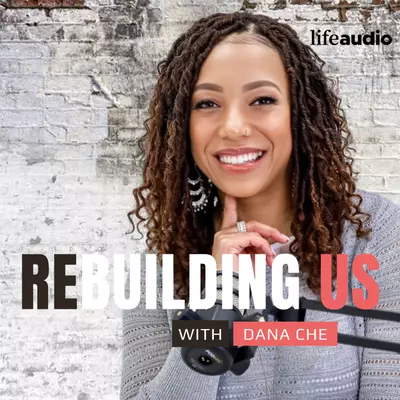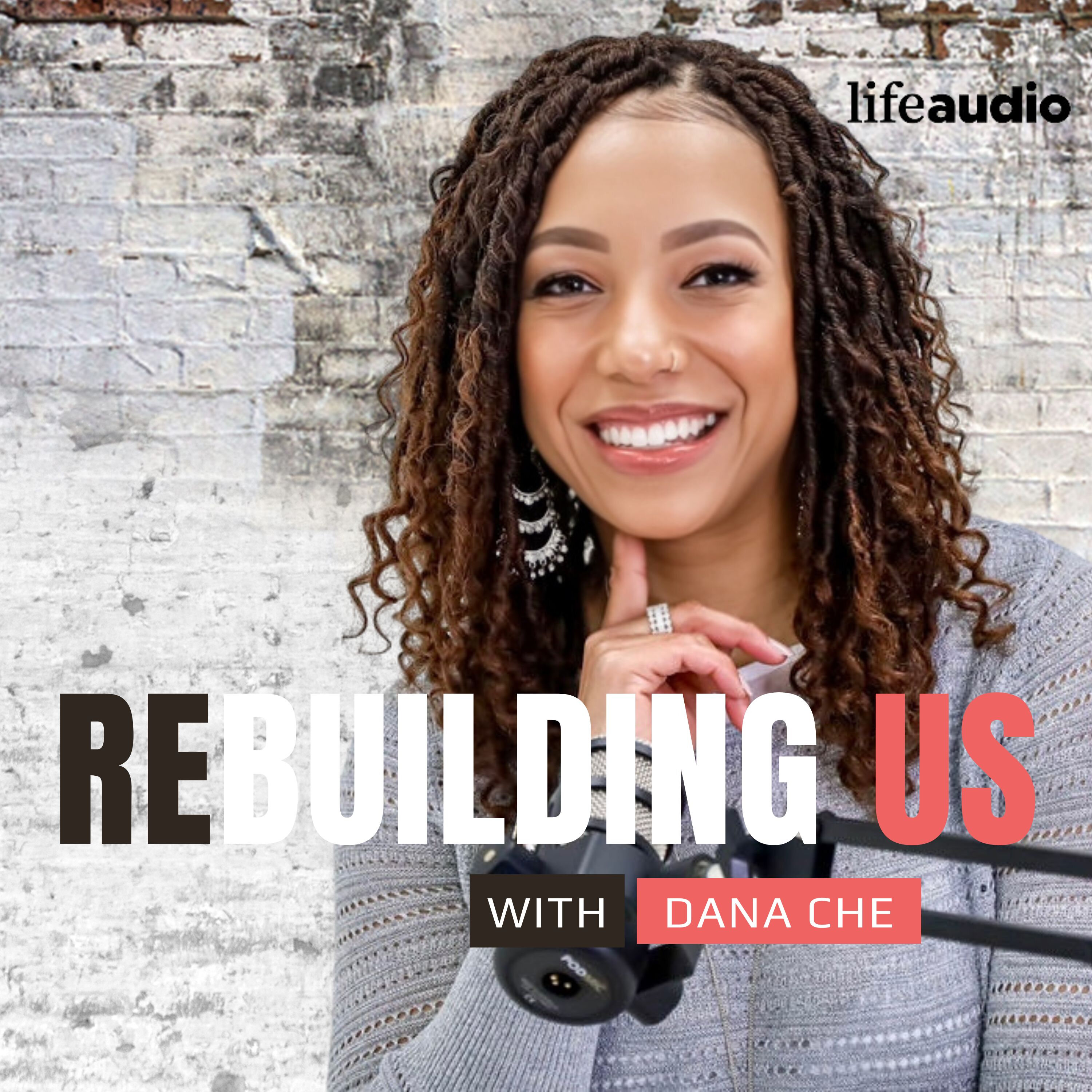Forgiving What You Can't Forget - Pt. 2
June 27, 2023 - 33 min
Forgiving What You Can’t Forget Pt. 2 We’re discussing part two of forgiving what you can’t forget and continuing to talk about the fourfold path to forgiveness. These references come from Desmond and Mpho Tutu's book The Book on Forgiving. It's an incredible book; so well written. When I read this book, it was like a really kind, sweet, older gentleman, uncle, grandpa, that kind of person, who was just, loves you through his words. That's the best way that I can describe it. It's such a compassionate, gentle book, but with powerful truths. Step 2 - Name the Hurt The next step in the fourfold path to forgiveness is naming the hurt. It's one thing for you to tell the story. For example, this thing happened to me, my husband was unfaithful, my wife depleted our bank account, whatever the situation is. But it's another thing for you to then name the hurt for you to actually get real about what was lost. What did you lose when that thing happened? Get real specific about that. I’ve had quite a few things happen in my life that have caused me grief, and I've just kind of moved on. Now, that's not to say that I haven't grieved at all, but if I'm honest, I probably skipped some steps because I don't like to feel sad. I don't like feeling sorrow. I don't like to think about loss. So to really be honest and real with myself about the fact that I really lost something there takes a lot of work. It takes a lot of honesty. It takes a lot of vulnerability to just sit with that and to realize that some of the things that you lost, you can never get back. If you were, God forbid, sexually assaulted as a child, you lost your innocence, and you won't be able to get that back. Now, that does not mean that you're damaged goods. It doesn't mean that your life is over and you're somehow always going to be walking around with a scarlet A on your forehead. Absolutely not. But it does mean that you have to acknowledge that something was lost. So a part of naming the hurt is super important because it allows you to stop pretending or minimizing what happened. It's one thing to, again, be general, I was hurt, I was betrayed, I was let down. It's another thing to say, this is the hurt. I lost my confidence, I lost my security, I lost the closeness that I felt with that person. I lost my safety, I lost my savings. Whatever it might be, whatever was lost. It's important that you're able to name that and not just the tangible things, but the Nontangibles. That's super important that we're able to do that. Be specific about what it is that you lost. Good Grief There's another book, and I'll link to this in the show notes of this podcast. It's called Good Grief by Granger Westburg. I read this book back in 2008 after my best friend passed away from breast cancer, and I've talked about this before on the show. I've told you just now that I'm not the greatest at dealing with grief. So I had to start seeing a grief counselor because I could not move on. Now, obviously, you're dealing with a very significant loss, like people expect you to grieve for a while, right? But this was different. It wasn't like I was in denial. I knew that she had died, but it really affected me in ways that I did not know what to do with. And so I started seeing a grief counselor. And that was one of the best decisions that I ever did because I think had I not started seeing that grief counselor, I probably would have just masked it under some religious jargon, like, “Oh, she's in glory, bless the Lord.” That's not what we need to do when we are going through loss and pain. We don't need to mask it in some religious ideology. ALSO LISTEN TO EP. 47: GRIEVING WITH HOPE Step 3 - Granting Forgiveness Step three is granting forgiveness. Now, I say this a lot, and I'm going to say it again, that forgiveness is both a choice and a process. You are not always going to feel like forgiving. And forgiveness is not just something as easy as just like, I forgive you. Okay, let's move on. It starts off as a choice, but then you have to work it out as a process. These four steps that I'm giving you today is the process, or a process. So when I tell you that you need to grant forgiveness, it is a choice. You have to get to a point where you realize that when you withhold forgiveness from someone, you're truly only hurting yourself in the long run. Scientific studies have shown what unforgiveness does to the human body. Our bodies were not meant to hold on to unforgiveness. Your body was not meant to hold on to unforgiveness. You were not created to hold that much pain, to absorb that much trauma unhealed. So when yo



